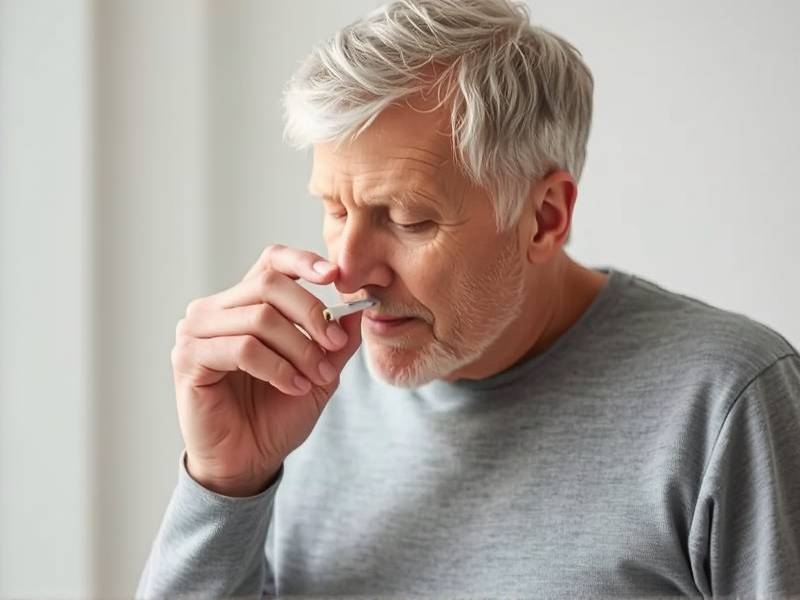Can You Get COPD After You Quit Smoking?
Unveiling the Truth: Can COPD Develop After Quitting Smoking?
Introduction: Quitting smoking is a significant step towards improving one's health. However, many smokers are concerned about the potential risks of developing Chronic Obstructive Pulmonary Disease (COPD) even after they have quit. In this article, we will explore the relationship between quitting smoking and the development of COPD, providing you with accurate and up-to-date information to ease your concerns.
Understanding COPD: A Quick Overview COPD is a progressive lung disease that causes breathing difficulties. It is primarily caused by long-term exposure to irritants like tobacco smoke, dust, and chemical fumes. Symptoms include shortness of breath, coughing, and wheezing.

Can You Get COPD After Quitting Smoking? The answer is both yes and no. While quitting smoking can significantly reduce your risk of developing COPD, it does not guarantee complete protection from the disease. Here's why:
- Past Exposure: If you were a heavy smoker for many years before quitting, you may still be at risk for developing COPD. The longer you smoked and the more heavily you smoked, the greater your risk becomes.
- Genetic Factors: Some individuals may have a genetic predisposition to developing COPD. Even if they have quit smoking, they may still be at risk.
- Environmental Exposure: If you are exposed to other lung irritants after quitting smoking, such as dust or chemical fumes, it could increase your risk of developing COPD.
The Benefits of Quitting Smoking Although quitting smoking doesn't guarantee complete protection from COPD, it offers numerous benefits:

- Reduced Risk: Your risk of developing COPD decreases over time after quitting.
- Improved Lung Function: Your lungs will start to recover from the damage caused by smoking within a few weeks of quitting.
- Better Overall Health: Quitting smoking can lead to improvements in other aspects of your health, such as cardiovascular health and reduced risk of cancer.
Taking Preventive Measures If you have quit smoking but are concerned about your risk of developing COPD, consider taking the following preventive measures:
- Avoid Exposure to Lung Irritants: Minimize exposure to dust, chemical fumes, and other lung irritants.
- Regular Check-ups: Consult with your healthcare provider regularly to monitor your lung health.
- Stay Active: Engage in physical activities that can improve lung function and overall health.
Conclusion: Quitting smoking is an important step towards reducing your risk of developing COPD; however, it does not eliminate all risks entirely. By understanding the factors that contribute to COPD development and taking preventive measures, you can improve your chances of maintaining good lung health after quitting smoking.
Remember that it's never too late to quit smoking or take steps towards better lung health!
